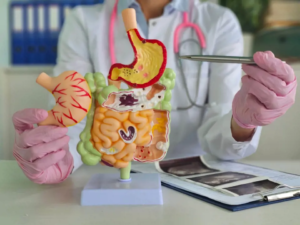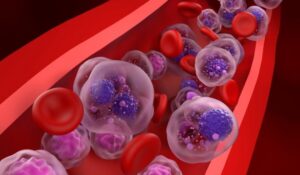
Why Do People with the Same Type of Cancer Have Different Outcomes?
When it comes to cancer, it’s not uncommon to hear: “We had the same diagnosis—why did their recovery go smoothly, while mine has been so difficult?” The answer lies in the complex, highly individualized nature of cancer and human biology.









